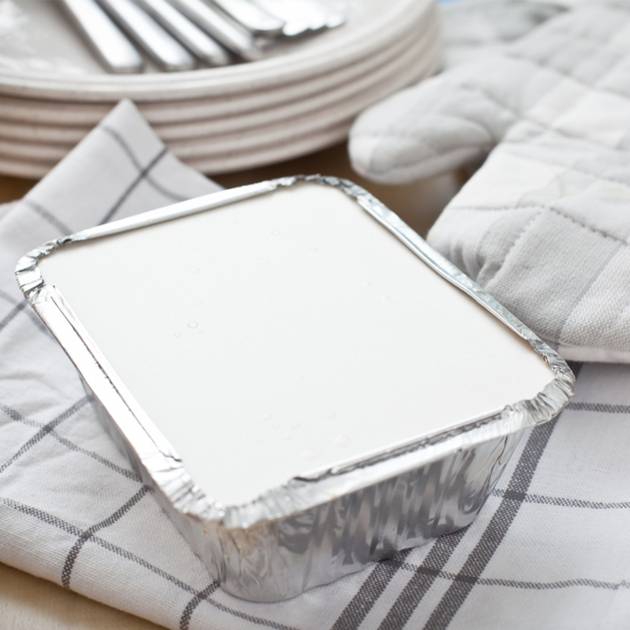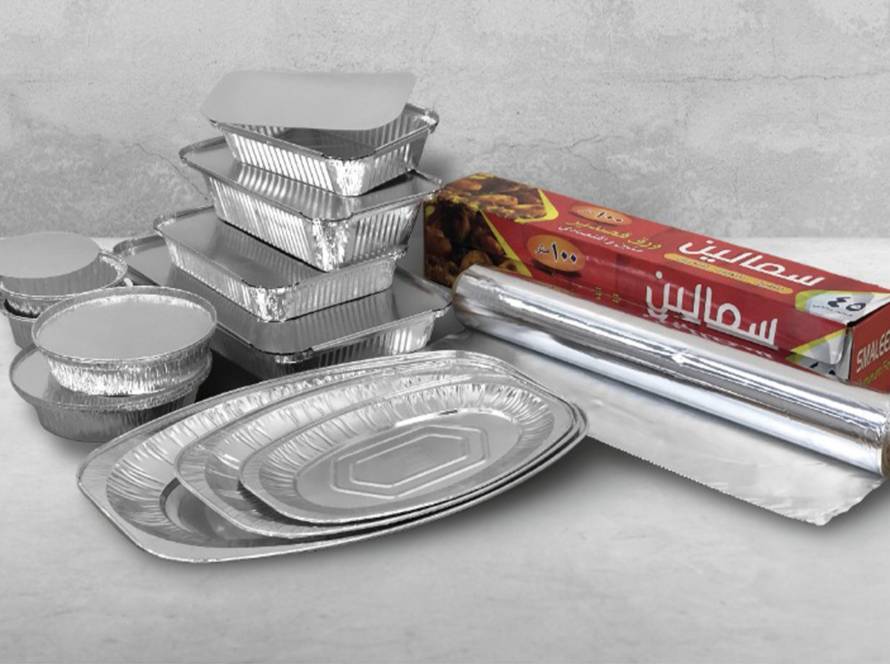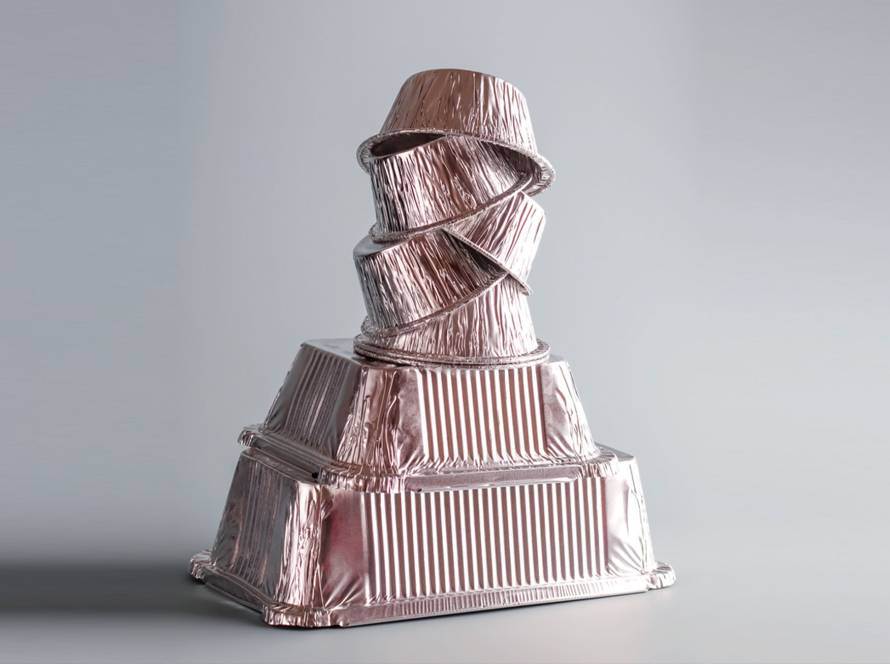Aluminum metal is characterized by the ability to reuse the metal component of the products made from it at the end of its life for many times without affecting the quality of the metal content. The process of manufacturing products from aluminum in this way achieves many benefits at the international level, in particular, through aluminum recycling processes, savings are achieved in raw materials and electrical energy used in the manufacture of primary aluminum, but this is not limited to that, there are a number of benefits that result from The aluminum recycling process can be summarized as follows
The recycling process of one kilogram of aluminum can save about 8 kilograms of bauxite ore, 4 kilograms of chemicals and about 14 kilowatt-hours of electricity.
All aluminum products can be recycled continuously, such as aluminum cans, aluminum foil, window structures, metal furniture, and components used in aircraft and cars. These products can be melted and reused again in the same products. New windows and so on, and it suffices to say that the recycling rate of aluminum has reached more than 70% in some countries
Aluminum metal is characterized by the ability to reuse the metal component of the products made from it at the end of its life for many times without affecting the quality of the metal content. The process of manufacturing products from aluminum in this way achieves many benefits at the international level, in particular, through aluminum recycling processes, savings are achieved in raw materials and electrical energy used in the manufacture of primary aluminum, but this is not limited to that, there are a number of benefits that result from The aluminum recycling process can be summarized as follows
Aluminum scrap is collected at all stages of manufacture, and unlike other metals, scrap aluminum has a high value
Beverage box recycling reduces waste, saves energy and natural resources, reduces waste disposal areas, and provides additional income for recyclers.




It is clear from the table below that primary aluminum production increased from 38 million metric tons in 2007 to 45 million metric tons in 2012. Comparing the production of recycled aluminum to the total global production of primary aluminum, we find that the proportion of recycled aluminum reaches an average of 10-20% of the total global production of total aluminum. According to statistics from the Global Aluminum Institute, the global need for aluminum will be 100 million tons by 2020, and it is expected that the proportion of recycled aluminum will constitute about 30% of this number. The increasing rates of aluminum recycling globally and with higher rates of growth in primary aluminum production is due to the growing environmental awareness of the importance of preserving the environment. In our Arab region, the statistics of the Gulf Aluminum Council indicate that the production of aluminum in the countries of the Gulf Cooperation Council exceeded 5 million tons annually by the year 2013 AD, and the percentage of recycled aluminum does not exceed 2%, and this is an indication of an important opportunity to develop aluminum recycling activities in the region




